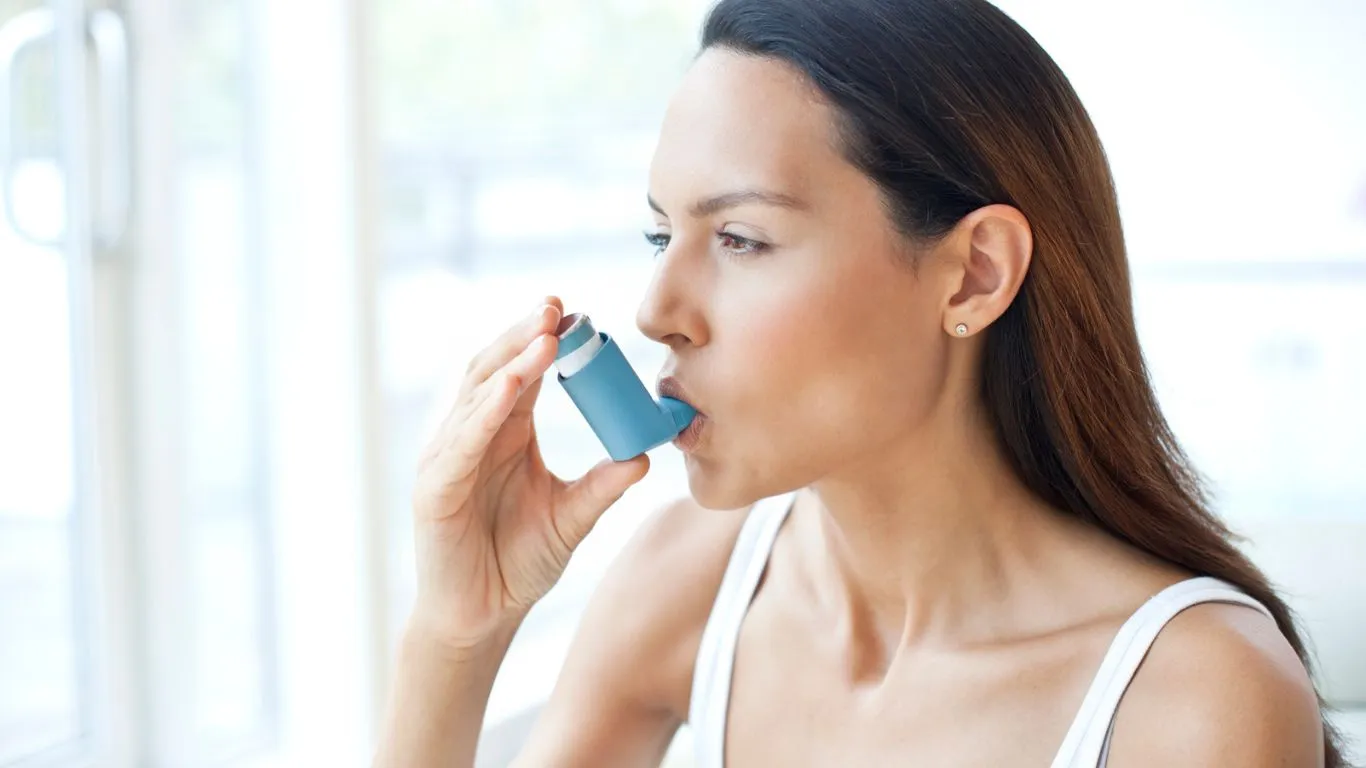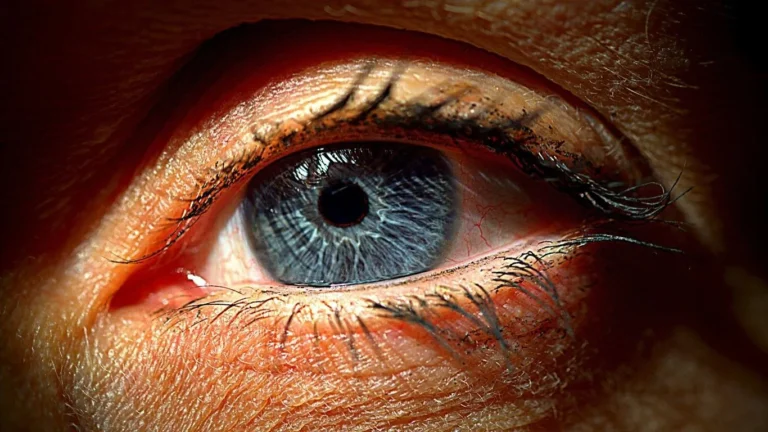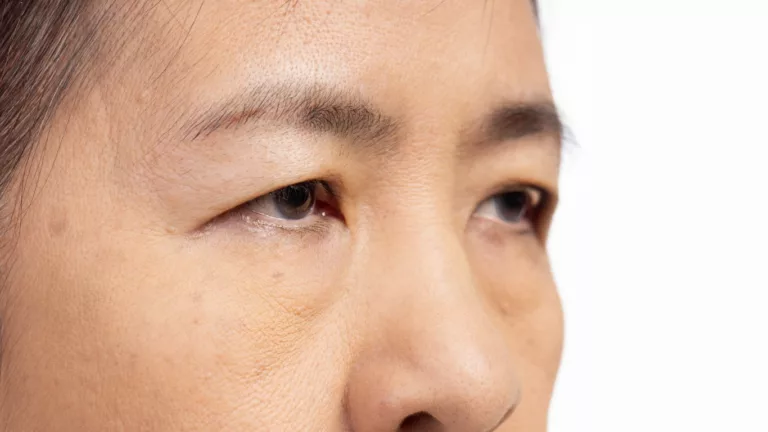Why Can Asthma Cause Excess Saliva and How to Ease the Symptoms
If you’ve ever asked yourself, can asthma cause excess saliva?—you’re definitely not alone. Working as a pulmonary nurse practitioner, I’ve had patients bring this up more than a few times, often with a tone of quiet embarrassment. It’s one of those symptoms that doesn’t get talked about much but can be surprisingly frustrating. Let’s dig into it together, because yes, there’s more going on here than you might think—and it’s not all in your head.
Understanding the Link Between Asthma and Excess Saliva

Asthma is mostly known for its wheezing, breathlessness, and chest tightness, but there’s a lesser-known symptom that sometimes comes along for the ride: increased saliva production. Now, that may sound odd at first, but there are a few ways asthma—and even asthma meds—can mess with your mouth.
The Role of Mouth Breathing
Here’s where things get interesting. Asthma often causes folks to breathe through their mouths, especially during a flare-up. I see this a lot in my patients who wake up with a dry mouth and a bit of a “cotton ball” feeling. When you’re constantly breathing through your mouth, your oral tissues get irritated and dry—your body then tries to overcompensate by producing more saliva later. It’s like your mouth going, “Oops! Too dry. Let’s fix that.”
Fun fact: I once had a teenage patient who was convinced she had a salivary gland issue. Turned out, she was hyperventilating every time she had an asthma attack, and her body responded with a flood of drool after things calmed down. Classic case of symptom confusion.
Medications Might Be the Culprit Too
Believe it or not, some asthma medications can directly affect saliva production. This includes both inhalers and oral meds. While most are more likely to cause dry mouth, your body might still try to rebound by making more saliva once the medication effect starts to wear off. It’s kind of like a seesaw—first dry, then suddenly too wet.
Here’s a quick breakdown of common asthma meds and how they might affect your mouth:
- Bronchodilators (like albuterol): Usually cause dry mouth initially
- Inhaled corticosteroids: Can irritate the throat and mouth, sometimes triggering mucus buildup
- Leukotriene modifiers: Less common, but can affect secretions indirectly
Can Asthma Cause Excess Saliva? Let’s Break Down the Science

There’s also the biological side of things. Asthma causes inflammation in the airways, and when your airways are inflamed, your body reacts by producing more mucus to try and protect the tissue. While this mucus is usually in your lungs and airways, it can also sneak its way up your throat and trigger excess salivation. And that, my friend, is a recipe for drool overload.
What’s the Difference Between Saliva and Mucus?
This is a question I get often: “How do I know if it’s saliva or mucus?” Here’s the deal:
- Saliva is clear, watery, and comes from your salivary glands—mainly for digestion and oral health.
- Mucus is thicker, can be cloudy, and comes from respiratory glands—it helps trap irritants.
But during an asthma episode or chronic inflammation, they can mix, making it feel like your mouth is constantly flooded, even if it’s mostly respiratory mucus. It’s not dangerous, but it can definitely be annoying.
Real-World Impact: What My Patients Are Saying

One of my long-term patients, Mark, shared that he had started carrying tissues everywhere because he’d get this weird “mouth watering” feeling before and after his asthma attacks. After adjusting his inhaler timing and technique, the problem improved a lot. That’s the thing—sometimes managing excess saliva is just about better asthma control.
Another patient, Lisa, swore she drooled in her sleep way more when her asthma was acting up. That lines up with what the research suggests—asthma can disrupt normal swallowing patterns and sleep posture, which messes with saliva management, especially overnight.
Managing Excess Saliva with Better Asthma Control

Alright, so now that we’ve laid out the “why” behind can asthma cause excess saliva, let’s talk about what you can actually do about it. From what I’ve seen in clinic—and experienced with a few post-COVID asthma patients—the key often comes down to getting asthma under better control. Sounds obvious, but you’d be surprised how many people are taking their inhalers incorrectly or skipping maintenance meds because they “feel fine today.”
Trust me, you don’t want to wait for the next flare-up to start paying attention.
Asthma Control Checklist
To help keep those excess secretions (and flare-ups) in check, here are a few strategies I go over with my patients:
- Use a spacer with your inhaler – This improves medication delivery and reduces irritation in your throat and mouth.
- Rinse your mouth after inhalers – Especially important if you’re on steroids. This reduces dryness, fungal risk, and even excess mucus.
- Track your triggers – Allergens, weather, stress… they all impact saliva and mucus levels too.
- Don’t skip maintenance meds – Even on “good” days. Consistency is key.
One of my favorite hacks? A saline nasal rinse before bed. It sounds simple (and maybe a little gross), but it helps clear mucus from your airways and can prevent overnight pooling that leads to waking up feeling like you’ve been chewing gum in your sleep.
Is It Just Saliva, or Could It Be Something Else?

Now here’s where I put on my clinical hat for a sec. Not every case of “excess saliva” is actually saliva. And not every patient with asthma who has drooling or mouth discomfort should assume it’s just from asthma. I’ve had several cases where something else was at play entirely.
Other Possible Causes Worth Considering
If the symptoms persist even when asthma is well-managed, it might be worth looking into:
- GERD (acid reflux) – Surprisingly common in asthma patients and can lead to overproduction of saliva as a protective mechanism.
- Allergic rhinitis – Postnasal drip feels a lot like drooling or excess fluid in the mouth.
- Medication interactions – Especially with newer prescriptions. Don’t forget to check all meds, not just asthma-related ones.
- Neurological issues – Rare, but excessive saliva can sometimes point to neurological conditions (especially if paired with other symptoms).
One of my elderly patients actually came in for asthma follow-up, but she kept mentioning this strange pooling of saliva. After digging deeper, we found her blood pressure meds had been changed recently, and that was the real culprit. A quick switch and the issue improved within days. Just goes to show—sometimes you’ve gotta play medical detective.
Practical Tips You Can Try Right Now

So what can you do right now, at home, if you’re dealing with this extra saliva situation? Here’s a list of practical, nurse-approved tips that I often share in the clinic:
- Stay hydrated – Sounds backward, but water helps thin secretions and keeps saliva at a normal level.
- Practice mindful breathing – Try nasal breathing exercises (like the Buteyko method) to reduce mouth breathing.
- Limit dairy before bed – It can thicken mucus and make saliva feel heavier.
- Elevate your head while sleeping – Gravity helps reduce nighttime drooling and congestion.
- Chew xylitol gum – Stimulates saliva in a good way and can prevent dry mouth rebound.
Of course, if you’re still unsure, never hesitate to bring it up with your care team. I can’t tell you how many patients think something is “too weird” to mention—when in reality, it’s a totally common issue we can help with. The more you speak up, the better we can tailor treatment to what’s really happening in your day-to-day.
Quick Recap: What We’ve Covered So Far
Let’s pull it all together for a second. Here’s what we know:
- Yes, asthma can cause excess saliva, though it’s often a combo of mucus, inflammation, and mouth breathing.
- Asthma meds can play a role—sometimes helping, sometimes triggering the issue.
- Managing asthma properly often reduces saliva complaints significantly.
- There are other conditions that can mimic or worsen these symptoms—so don’t ignore the signs.
And if you’re like many of my patients, just knowing it’s not “all in your head” can already be a huge relief. You’re not overthinking it—your body really is giving you signals. The key is learning how to interpret them.
When to Talk to a Specialist About Excess Saliva and Asthma

By now, you’re probably piecing things together—and maybe even seeing a bit of yourself in what we’ve covered. But here’s the thing: you don’t have to just deal with it. If that excess saliva is bugging you or interfering with your daily life, it’s absolutely worth digging deeper.
As a pulmonary nurse practitioner, I’ve had patients wait years to bring this up, thinking it was too “small” or unrelated. But once we talk through it, we often uncover a pattern or trigger that can be managed. It’s a good reminder that no symptom is too minor when it affects your quality of life.
Here’s when I recommend looping in a specialist:
- You’ve ruled out asthma triggers but the saliva issue is still hanging around.
- New neurological symptoms appear—like facial weakness, speech changes, or swallowing issues.
- Excess saliva is impacting sleep, speech, or confidence.
- You suspect your medications might be involved and want to reassess your asthma plan.
Honestly, I’ve sat across from patients who looked so relieved when I told them they weren’t overreacting. Sometimes all it takes is a fresh set of eyes on your care plan—or even just a supportive conversation to get things moving in the right direction.
Daily Habits That Keep Things Flowing Smoothly

If you’re managing asthma and dealing with symptoms like excess saliva, lifestyle tweaks can go a long way. I’ve picked up a few gems from my own patients over the years—simple, realistic changes that don’t require a full health overhaul.
Bianca’s Go-To Saliva-Soothing Strategies:
- Hydration, but not all at once – Sip throughout the day rather than chugging big glasses. It helps keep your saliva production balanced.
- Humidifiers at night – Dry air can make your body respond by overproducing mucus and saliva. A small bedside humidifier can help.
- Mind your posture – Especially during sleep. Back sleeping with a slightly elevated head can reduce pooling saliva.
- Limit late-night eating – Especially spicy or acidic foods. This helps reduce reflux, which can be a secret saliva trigger.
- Stay active – Regular movement supports respiratory function and can help reduce mucus buildup overall.
One of my long-time patients, Evan, swore by ginger tea at bedtime to cut down on throat irritation and mucus. It won’t work for everyone, but that’s kind of the point—sometimes it’s about experimenting and figuring out what actually helps you.
Final Thoughts on Asthma and Excess Saliva
So, can asthma cause excess saliva? Yes, it absolutely can. But it’s rarely just a one-cause situation. It’s usually a mix of airway inflammation, medication effects, mouth breathing, or even side players like allergies or reflux joining the party. Understanding how your unique case fits into that puzzle is what makes all the difference.
From what I’ve seen in practice, once patients connect the dots and take a little extra time to fine-tune their asthma care, these symptoms usually start to fade—or at least become way more manageable.
And remember, if you’re ever unsure whether something is “normal,” say something. Your care team wants to hear about it. Sometimes it’s the little details that end up being the missing link in your care plan.
References
Disclaimer
This article is for educational purposes only and should not be used as a substitute for medical advice, diagnosis, or treatment. Always consult with your physician, pulmonologist, or healthcare provider regarding any concerns you have about asthma, saliva changes, or related symptoms.

Bianca Nala is a compassionate Nurse Practitioner with a strong background in primary and respiratory care. As a health writer for Healthusias.com, she combines her clinical expertise with a talent for clear, relatable storytelling to help readers better understand their health. Bianca focuses on topics like asthma, COPD, chronic cough, and overall lung health, aiming to simplify complex medical topics without losing accuracy. Whether she’s treating patients or writing articles, Bianca is driven by a single goal: making quality healthcare knowledge accessible to everyone.







